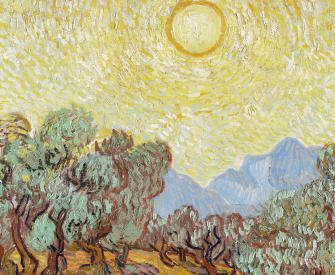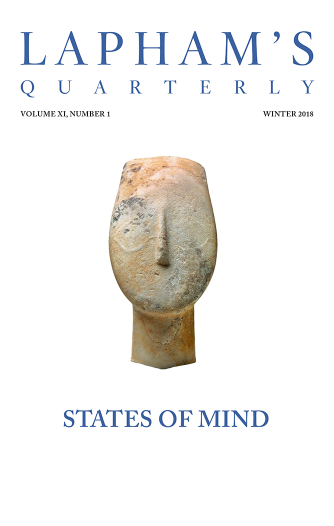If nature had confined herself to her original method, that is, to a force entirely external and foreign to the animal, her work would have remained very imperfect; animals would have been simply passive machines, and nature never would have produced in such organisms the wonderful phenomena of sensibility, the intimate feeling of existence, the power of acting, and lastly, ideas, by means of which she has created the most astonishing of all—namely, thought or intelligence.
With the intention of reaching these great results, she gradually prepared the way by increasing the coherence of the internal parts of animals, by diversifying their organs, and by multiplying and compounding their contained fluids, etc. Thereafter she was able to transfer into the interior of these animals that force productive of movements and actions, which in truth they did not originally control, but which was in great part rendered available for them as their organization became more perfect.
Indeed, when the complexity of animal organization had gone so far as to establish a nervous system of a certain development, as among the insects, animals provided with this organization were endowed with the intimate feeling of their existence, and henceforward the force productive of movements was transferred into the interior of the animal itself.
This internal force, which produces movements and actions, finds its origin in the intimate feeling of existence possessed by animals that have a nervous system, and this feeling when aroused by the needs sets in motion the subtle fluid contained in the nerves, and drives it to the muscles that have to act; thus are produced the actions demanded by the needs.
Every need that is felt produces an emotion in the individual’s inner feeling, and from this emotion springs the force that gives rise to the movements required.
Hence, in animals containing within themselves the force productive of movements and actions, the inner feeling giving rise to that force puts it in action whenever some need is felt, thus exciting movements in the subtle fluid of the nerves (called by the ancients animal spirits); the force directs that fluid toward such of the organs as have to act, and finally causes a reflux of the fluid into its usual reservoirs when the needs no longer require the organ to act.
The inner feeling then takes the place of will; it now becomes important to remember that every animal that does not possess the special organ in which or by means of which thoughts, judgments, etc., are produced, has really no will, does not choose, and therefore cannot control the movements prompted by its intimate feeling. Instinct directs these movements, and this direction always results from emotions of the inner feeling, in which the intellect has no share, and from the organization as modified by habit. The needs of such animals are necessarily limited and always the same in the same species; the intimate feeling always produces the same actions.
The case is different in animals endowed by nature with an additional special organ—two wrinkled hemispheres surmounting the brain—for the performance of acts of intelligence. The organ consequently carries out comparisons, judgments, thoughts, etc. These animals control their power of acting in proportion to the perfection of their organ of intelligence, and although they are still strongly subordinated to the habits that have modified their organization, they yet enjoy a will that is more or less free; they can choose and introduce variation into their actions—or at least into some of them.
From Zoological Philosophy. Lamarck joined the French army at seventeen, but an injury forced him to leave the service. When revolutionaries threatened the Royal Gardens in Paris, Lamarck suggested the name be changed to Jardin des Plantes. Previously a botanist at the gardens’ museum and research institute, he was appointed professor of zoology and turned his attention to invertebrates; it was among invertebrates, he said, those animals “most numerous in nature, the most prompt and easy to regenerate themselves, that we should seek the most instructive facts bearing on the course of nature.”
Back to Issue



